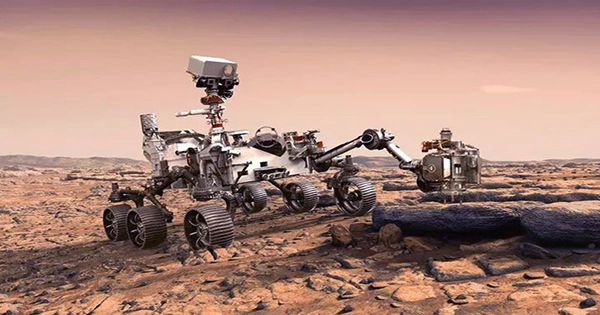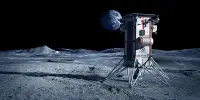Recent study on Mars’ sound speed continues to add a whole new dimension to the Red Planet’s exploration. The atmosphere of Mars, which is dominated by carbon dioxide, is colder and thinner, resulting in intriguing effects. Baptiste Chide of Los Alamos National Lab, co-author of the original work, said that the first year of sounds collected by Perseverance has been condensed to just five hours during a lecture at the 182nd Meeting of the Acoustical Society of America. You can hear a few of them here.
The big takeaway for the researchers is how calm Mars is. The rarefied atmosphere, which is about 1% of Earth’s, produces noises that are roughly 20 decibels lower than on Earth, and the wind produces the majority of the sounds created naturally on Mars. “It’s so quiet that we believed the microphone was damaged at one point!” In a statement, Chide stated.

Shifts in temperature cause atmospheric changes, which can result in a 20 percent difference in sound volume between summer and winter. Furthermore, carbon dioxide is better in attenuating high-pitched noises over time. The rover really contributed to the confirmation of the idea that high-frequency sounds move quicker than low-frequency noises. It accomplished it by shooting its laser, which can be heard on Mars, which is astonishing.
“Because of the peculiar features of the carbon dioxide molecule that composes the atmosphere, Mars is the only site in the solar system where that happens in the audible bandwidth,” Chide explained. The NASA website has the entire sound playlist, and you can even create your own noises by recording your voice and having it played back as if you were on Mars.
For the first time, the Perseverance rover carries two microphones, allowing us to record the sounds of Mars firsthand. Even though Earth and Mars are completely different worlds, it may be comforting to know that you would sound very much like yourself if you were on Mars. You’d hear a softer, more muted version of what you’d hear on Earth if you were standing on Mars, and you’d have to wait a little longer to hear it. The atmosphere on Mars is completely different. However, the most significant alteration to audio would be the addition of high-pitched noises, which are louder than most voices. Whistles, bells, and bird melodies, which we’re used to hearing on Earth, would be nearly inaudible on Mars.















